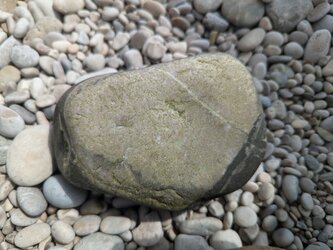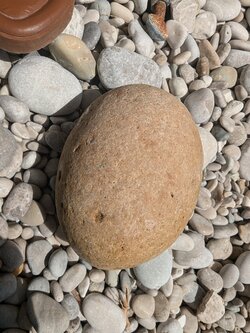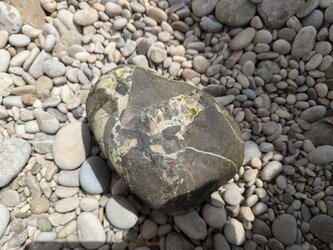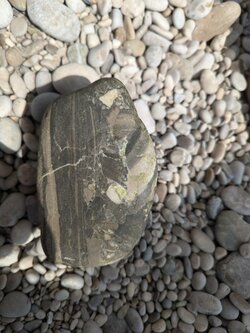Hello there,
I picked these 2 stones out of a rocky beach. Any potential to turn them into a honing stone? The grey was the one that I liked. The other seemed very orange under the sea and it is very light. Now the orange colour has vanished a bit.
Thank you
I picked these 2 stones out of a rocky beach. Any potential to turn them into a honing stone? The grey was the one that I liked. The other seemed very orange under the sea and it is very light. Now the orange colour has vanished a bit.
Thank you





